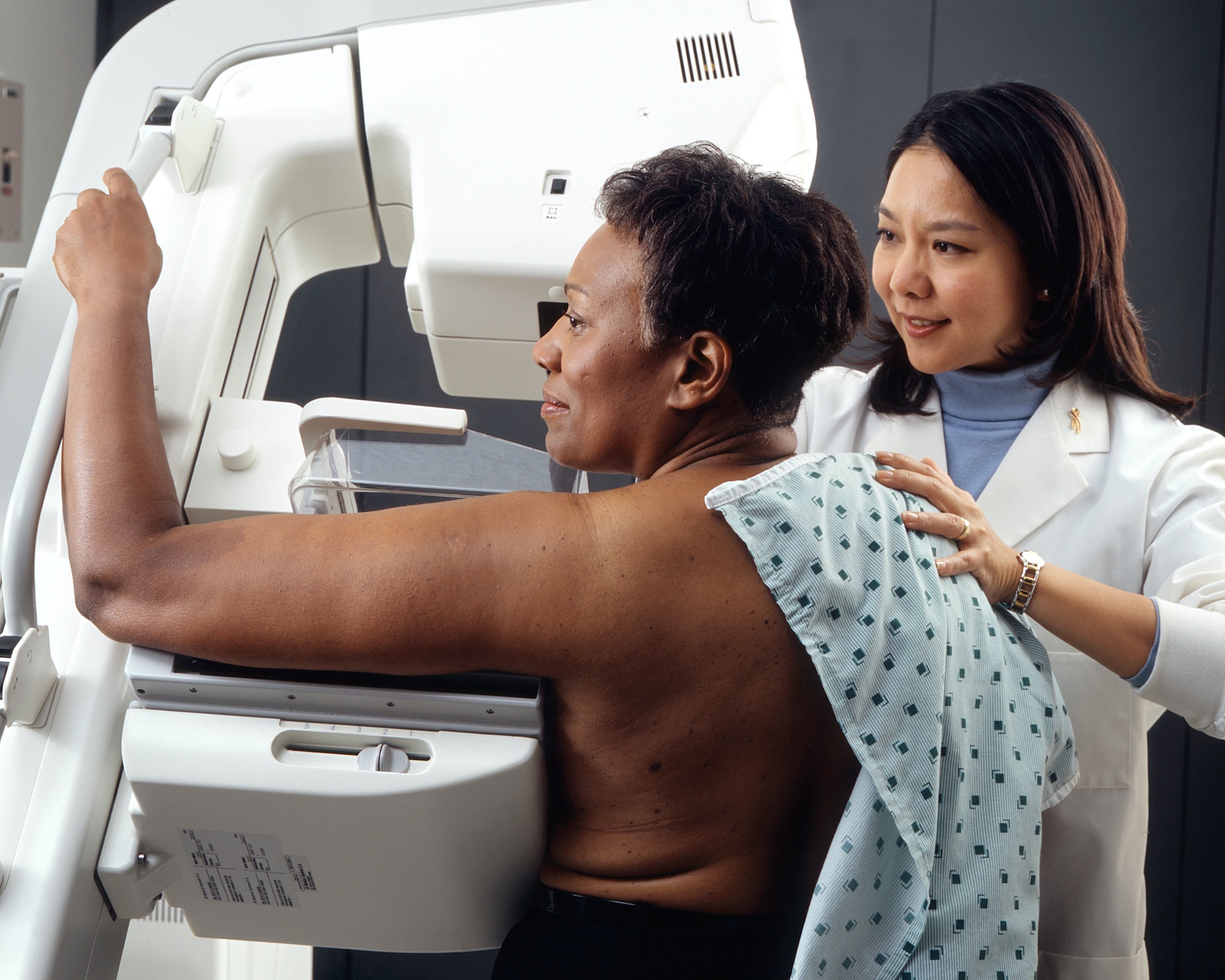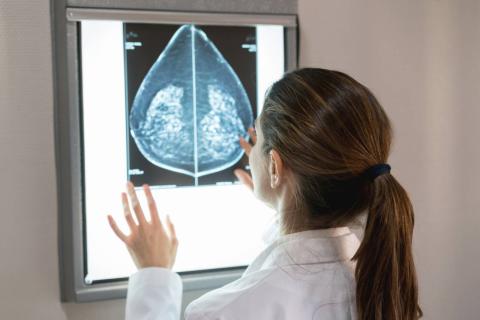Reactions: Study quantifies overdiagnosis of breast cancer in women over 70 in the US
A US study measures the risk of breast cancer overdiagnosis in screening campaigns for women over 70. These are women who are misdiagnosed with cancer after a mammogram, leading to unnecessary treatments that can cause complications, anxiety and financial costs. The study includes more than 54,000 women over the age of 70 who have had a screening mammogram. The retrospective analysis compares the cumulative incidence of breast cancer between two groups: women who continued screening up to 15 years later, and women who did not. The research estimates that 31% of breast cancer cases in women aged 70-74 result from overdiagnosis: it finds 6.1 cases per 100 women who had continued screening, compared with 4.2 cases per 100 women in the second group. The percentage of overdiagnosis increases with the age of the women. The article is published in the Annals of Internal Medicine, along with an editorial.

Unsplash / National Cancer Institute
Josep M Borràs - sobrediagnostico EN
Josep M. Borràs
Scientific coordinator of the National Health System Cancer Strategy, director of the Catalan Oncology Plan and Professor of Preventive Medicine and Public Health at the University of Barcelona
The article is very interesting and provides necessary data to discuss a hot topic in screening: the issue of overdiagnosis and overtreatment. The design of the study is very good and ingenious. It is really interesting to see how, based on the data observed in screening tests in women over 70 years of age in the USA, the study compares real incidence data between women who were screened and those who were not screened. The statistical method is appropriate, especially for adjusting results in people over 70 years of age.
The conclusion is relevant: there is overdiagnosis and it can be quantified. Now, as the editorial says, it is important to know that screening should be done according to quality criteria and on a regular basis. Even in this case, there may still be overdiagnosis.
The discussion of overdiagnosis is especially relevant among women between 70 and 74 years of age, who are beginning to be invited to continue screening when they reach 70 years of age in several Autonomous Communities in Spain, as proposed by the scientific committee of the European Union. Therefore, my conclusion is that this screening should be extended as long as its evaluation can be guaranteed in the framework of a population screening programme.
This article provides data on the risk of overdiagnosis and allows a proper assessment of the balance of benefits and risks in this area.
Olga Monteagudo - sobrediagnóstico EN
Olga Monteagudo Piqueras
Head physician of the Preventive Medicine Department at Reina Sofía University General Hospital (Murcia) and associate professor in the Department of Social and Health Sciences at the University of Murcia
This is a very interesting, well-designed and well-conducted study in the context of Medicare in the US, which aims to quantify the risk of overdiagnosis associated with breast cancer screening mammography in women aged 70 years and older. The authors estimate a potential overdiagnosis of 31% in women aged 70-74 years old, 54% in women aged 75-84 and 54% in women aged 84 and older.
The Medicare breast cancer screening programme follows American recommendations based on annual mammograms from the age of 40. However, screening programmes in European Union countries follow the recommendations and suggestions of the Guidelines Development Group of the European Commission Initiative on Breast Cancer (GDG-ECIBC). In order to minimise overdiagnosis, this group of experts systematically advises against annual mammography in asymptomatic women with moderate risk levels in the 45-74 year age group of the population that benefits from screening programmes. Specifically, in the 45-49 age group they suggest biennial or triennial mammography, in the 50-69 age group they recommend biennial mammography and in the 70-74 age group they suggest triennial mammography (more information here). Based on scientific evidence, these recommendations and suggestions are the reference for the European Cancer Plan 2021-2025.
The GDG-ECIBC highlights [the risk of] overdiagnosis in breast cancer screening. To inform women, the group explains the concept as follows: 'An overdiagnosed cancer is a cancer diagnosed by screening which is so slow-growing that it would never have been diagnosed in a person’s lifetime if the person had not been screened. We cannot tell which cancers are of this type, however, so, treatment is the same as if it was not overdiagnosed. Therefore, you will be advised to have treatment, possibly including mastectomy (removal of the breast).'
From a public health point of view, at the present time and with the available scientific knowledge, the benefit of the breast cancer screening programme for 45-74 year olds, implemented according to the recommendations and suggestions of the GDG-ECIBC, outweighs the risks of overdiagnosis in our countries.
Ilana B. Richman et al.
- Research article
- Peer reviewed
- People
Otis W. Brawley & Rohan Ramalingam
- Editorial



